What Is a Concession Food Trailer?
A concession food trailer is a compact, towable kitchen designed to serve food and beverages in high-traffic, temporary locations. Unlike traditional food trucks, trailers often offer more space for equipment, storage, and customization, making them ideal for diverse menus—from classic fair favorites like funnel cakes and hot dogs to gourmet creations like lobster rolls or artisanal pizza.

Why Concession Food Trailers Are a Game-Changer
1.Cost-Effective Entry into the Food Industry
Starting a brick-and-mortar restaurant can cost a fortune. A concession trailer, however, requires significantly less upfront investment, making it an attractive option for first-time business owners. You can test markets, refine your menu, and build a customer base without the risk of a long-term lease.
2.Versatility in Menu and Location
Trailers can adapt to any event or location. Serve corn dogs at a county fair one weekend, then switch to gourmet tacos for a downtown festival. Their mobility means you’re not tied to a single location, opening doors to endless revenue streams.
3.Customizable to Fit Your Brand
From retro designs to sleek modern aesthetics, concession trailers can be painted, wrapped, and branded to match your vision. Add awnings, menu boards, or even a digital screen to draw crowds.
4.Scalable for Any Event Size
Whether you’re catering a small birthday party or a 10,000-person music festival, trailers can be scaled with additional staff, equipment, or even multiple units to meet demand.
5.Lower Overhead Costs
No rent, no utility bills, and minimal staffing needs mean higher profit margins. Plus, trailers can be stored when not in use, reducing operational costs.
Popular Concession Food Trailer Ideas
The beauty of concession trailers lies in their adaptability. Here are a few crowd-pleasing concepts:
- Classic Carnival Fare: Think cotton candy, mini donuts, funnel cakes, and corn dogs.
- Gourmet Street Food: Upscale options like lobster rolls, truffle fries, or sushi burritos.
- Ethnic Cuisine: Tacos, falafel, bao buns, or pad thai for a cultural twist.
- Sweet Treats: Ice cream, gourmet popcorn, cupcakes, or handcrafted milkshakes.
- Health-Conscious Options: Acai bowls, vegan wraps, or gluten-free baked goods.
How to Start a Concession Food Trailer Business
- Research and Plan: Identify your niche, target market, and competition. Draft a business plan outlining your menu, pricing, and marketing strategy.
- Choose the Right Trailer: Decide between new vs. used, size (10–20 feet is common), and essential equipment (grills, fryers, refrigeration, etc.).
- Obtain Licenses and Permits: Check local health department regulations, food handler’s permits, and business licenses.
- Source Quality Ingredients: Partner with reliable suppliers to ensure consistency and quality.
- Market Your Brand: Use social media, local events, and collaborations to build a following.
Success Stories: From Trailer to Empire
Many food industry giants started small—in a concession trailer. For example:
- Kogi BBQ (Los Angeles): Pioneered the gourmet taco truck movement, later expanding to a fleet of trucks and brick-and-mortar locations.
- Cousins Maine Lobster (National): Turned a single lobster roll trailer into a franchise empire featured on Shark Tank.
Tips for Concession Trailer Success
- Location, Location, Location: Partner with event organizers, parks, or breweries to secure prime spots.
- Menu Simplicity: Focus on a few signature dishes that are quick to prepare and easy to eat on the go.
- Quality and Consistency: Use fresh ingredients and train staff to maintain high standards.
- Customer Experience: Add music, lighting, or themed decor to create a memorable atmosphere.
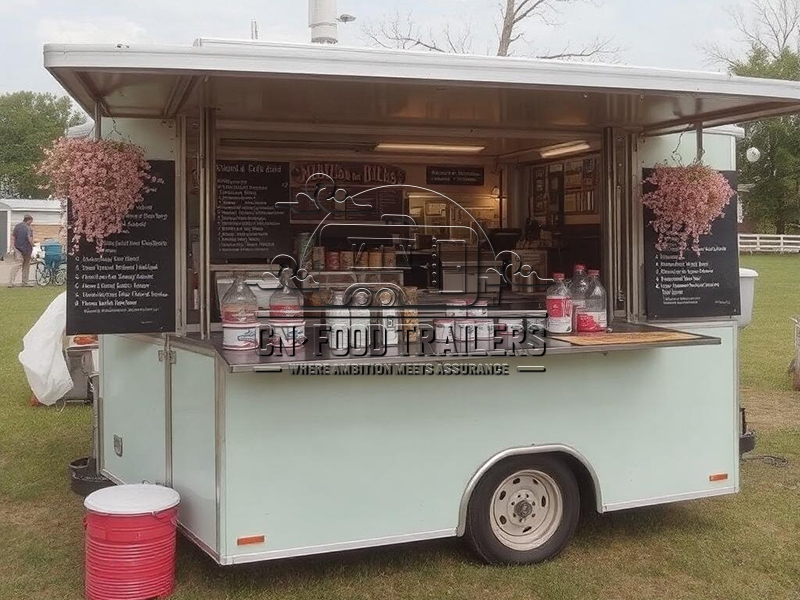
The Future of Concession Food Trailers
As consumer tastes evolve, so will concession trailers. Expect to see:
- Healthier Options: More plant-based, gluten-free, and low-calorie options.
- Tech Integration: Mobile ordering apps, contactless payment, and social media engagement to streamline service.
- Sustainability: Eco-friendly trailers using solar power, compostable packaging, and zero-waste practices.

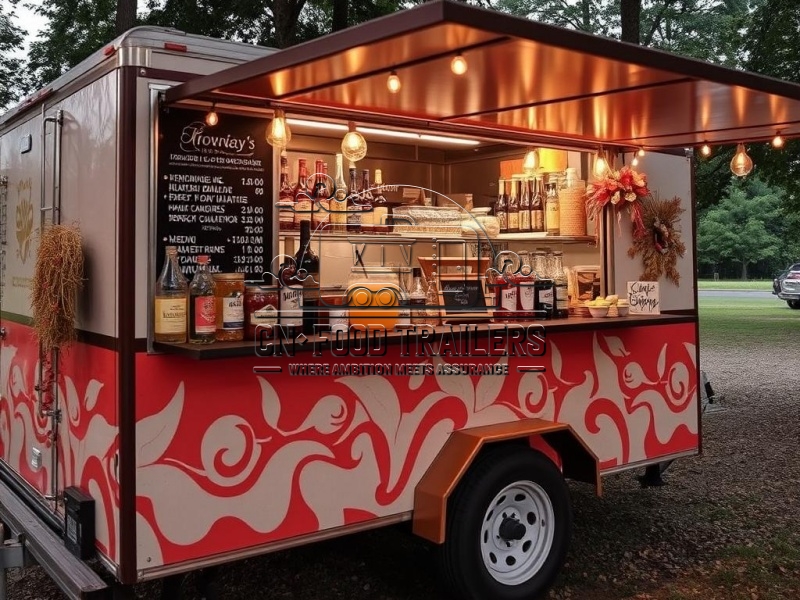
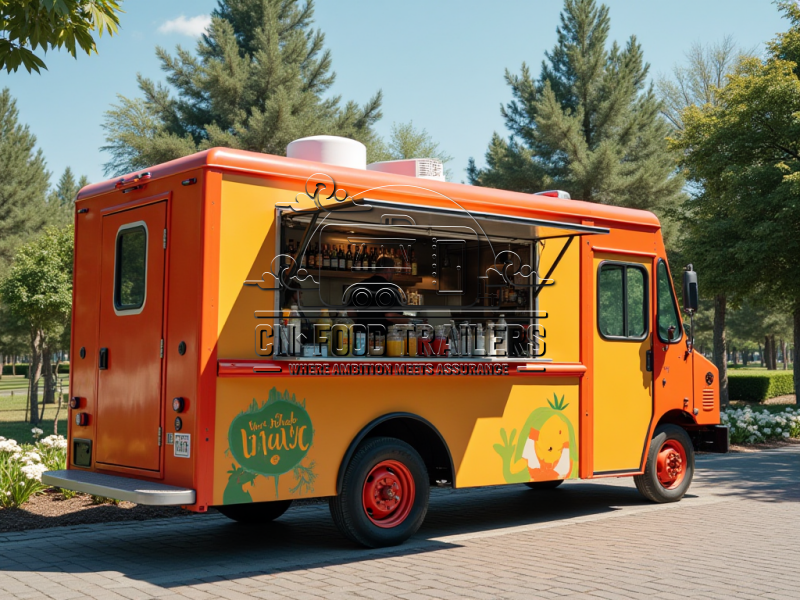

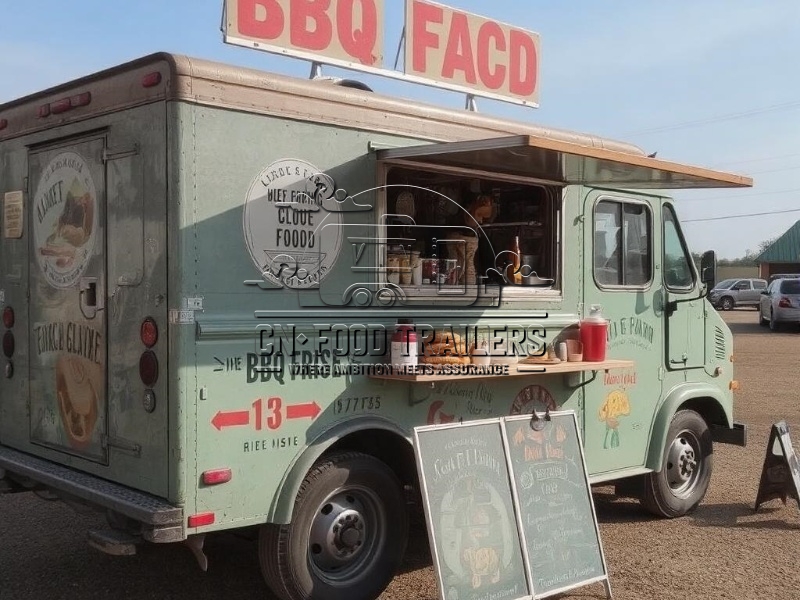
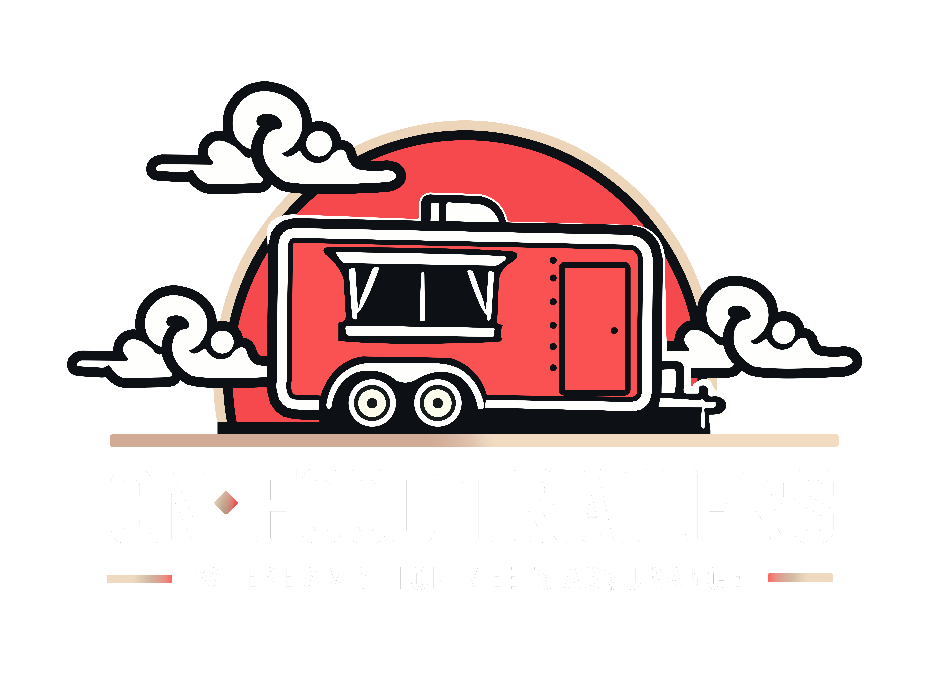
Leave A Comment